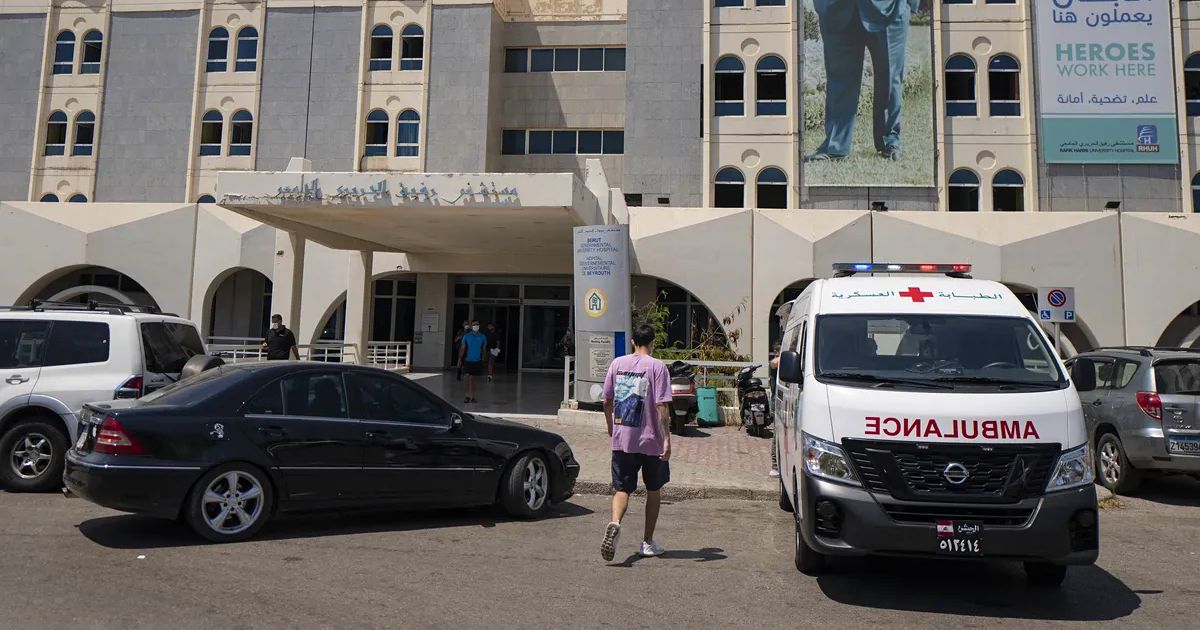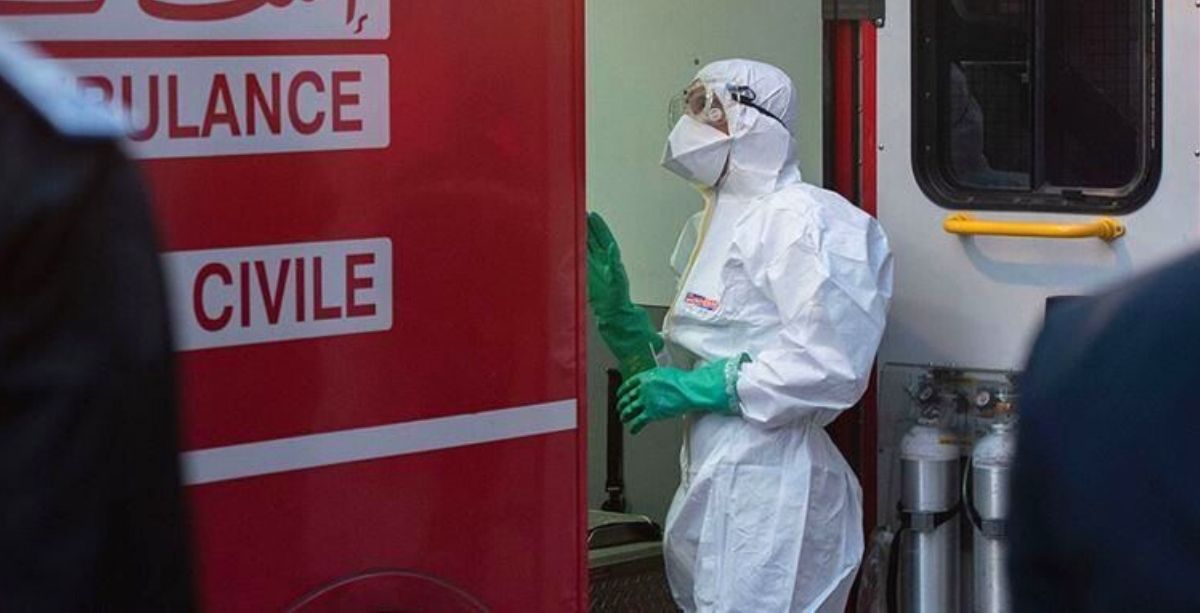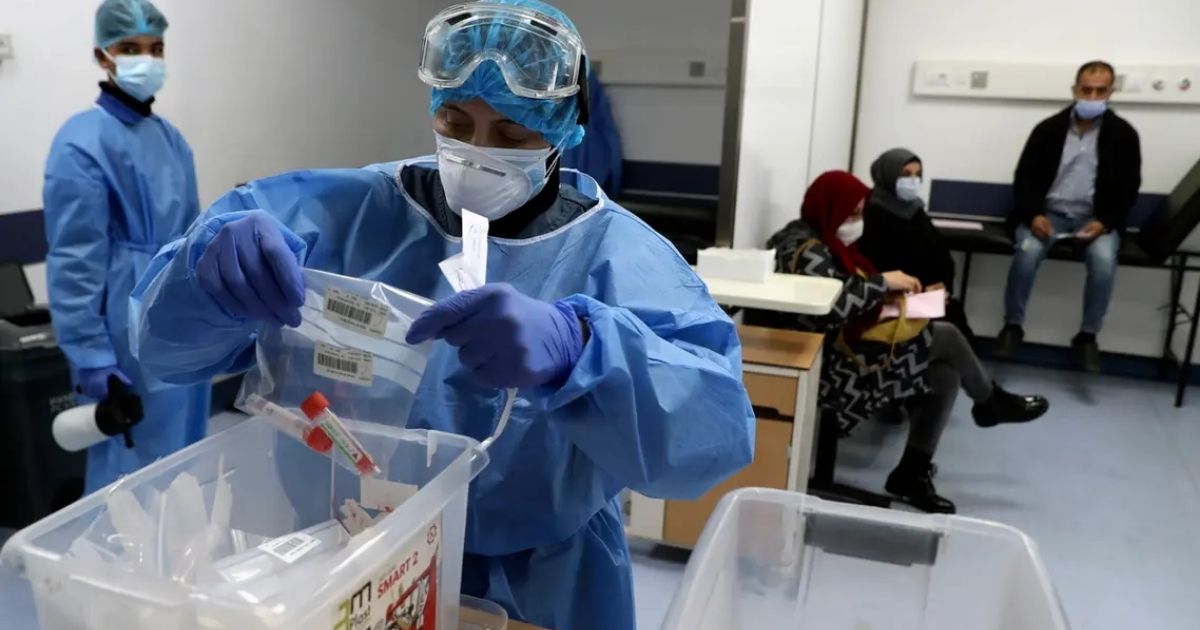Out of the 37 countries involved in the Media Freedom Coalition, only Lebanon did not sign the final communique of the Ministerial Meeting at the second Global Conference for Media Freedom, according to Maharat Foundation.
The communique that Lebanon, represented by caretaker Foreign Minister Charbel Wehbe, abstained from signing includes several terms that aim to strengthen media freedom around the world.
The news sparked outrage on social media in Lebanon and prompted widespread criticism of Wehbe, who has not commented on the issue, as of the time of writing.
Lebanon’s missing signature on the Global Conference for Media Freedom’s new communique was especially unexpected due to the fact that it is a member of the Media Freedom Coalition that held the meeting.
It’s worth noting that media freedom in Lebanon has been facing repeated violations, including defamation lawsuits against journalists by politicians since the eruption of the October 17th uprising of last year.
The communique that Lebanon did not sign calls on the members of the coalition to consider:
- Providing safe refuge for journalists at risk who have been targeted for their work.
- Increasing coordination and investment in media development spending to support media independence, accessibility, and sustainability.
- Providing consistent and long-term support for building robust collaborative national efforts addressing the safety of journalists and the issue of impunity.
- Engaging in concerted advocacy as a vocal group committed to defending media freedom.
- Strengthening measures to foster an enabling legal environment for freedom of expression, including for members of the media.
- Seeking greater inclusion of the issue of safety of journalists in the processes of the relevant UN and regional human rights bodies.

- Implementing gender-responsive measures to protecting the safety of journalists that recognize and address the gender-specific risks faced by women and intersecting marginalized groups, including racial, ethnic, and religious minorities, persons with disabilities, and persons in vulnerable situations, including LGBTI persons.
- Adopting and applying targeted sanctions against known perpetrators of human rights violations and abuses in response to the repression of journalists and restrictions on media freedom.
- Condemning all attacks against journalists and countering the increasing stigmatization and denigration of journalists by public officials.
- Working with digital intermediaries, such as social media platforms, to promote preventative measures against the misuse of their products in ways that unduly restrict media freedom.
- Exploring best practices to tackle the rise of infodemics and reflecting upon the proposals made by the group of experts from the Forum on Information and Democracy.
Lebanon, which is a founding member of the United States and helped draft the UN Charter Of Human Rights, signing it on June 26th, 1945, has also just refused to sign the UN condemnation of Iran’s Human Rights’ abuse.
These two positions taken by Lebanon are not promising at all in regards to the path the country is in. From being a beacon of light and an inspiration of progress and freedom in the region to moving decades backward.













